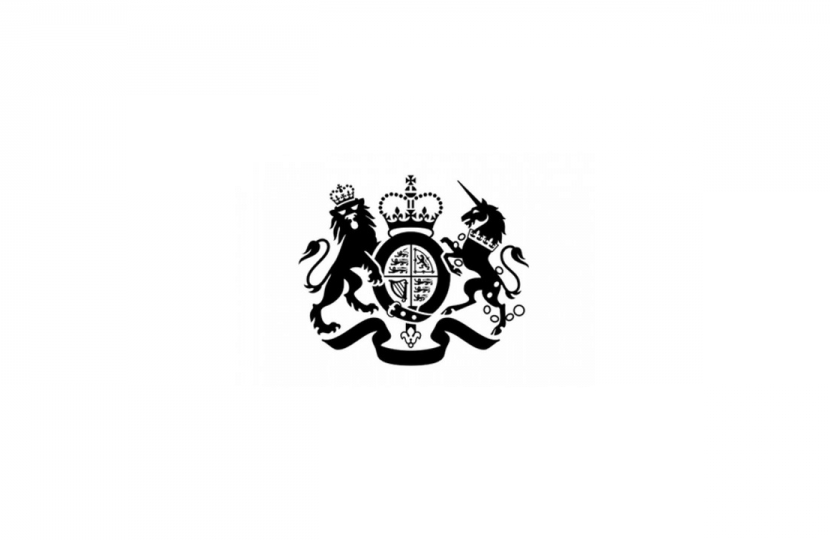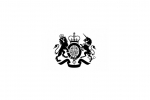
Dear colleague,
I am writing to provide an update on decisions made by the Department and Ofqual regarding exams in 2022.
I know how important these matters are to you and your constituents, and I hope that the announcements made by the Department and Ofqual will provide clarity and confidence that despite the disruption they have faced, students taking exams and assessments in 2022 will be able to demonstrate their knowledge and skills and progress successfully to the next stage of their lives. The government has been clear that, all other things being equal, exams and other formal assessments remain the fairest way of assessing students and we committed in April to our intention that exams and assessments would go ahead in 2022.
On 12 July, recognising the disruption that students have faced, Ofqual and the Department published joint consultations outlining detailed proposals for changes to the assessment of GCSEs, AS and A levels in 2022 and vocational and technical qualifications in academic year 2021/22. Today, the consultation decision document has been published, outlining the decisions taken by the Department and Ofqual on changes to the assessment of GCSE, AS and A level in 2022. The Department has already confirmed the permitted scope of adaptations for vocational and technical qualifications included in performance tables, Functional Skills Qualifications and T Levels in an announcement on 6 August. Ofqual has also set out its approach to grading and Ofqual and the Department have launched a consultation on contingency arrangements in the unlikely event that exams are not able to go ahead as planned.
Adaptations to GCSEs, AS and A levels in 2022
The proposals set out in the consultation on adaptations to GCSE, AS and A level exams received a high degree of support, and I can therefore confirm that we are going ahead with the package of adaptations set out in the consultation.
This includes four elements:
• choice of topics in GCSE English literature, history, ancient history, and choice of content in GCSE geography;
• the provision of advance information on the focus of content of exams in those subjects at GCSE, AS and A level where there is no choice of topic or content;
• changes to the requirements for the delivery of practical activities in science subjects, and assessment in art and design; and
• the provision of support materials in the exam in GCSE maths, physics and combined science.
Adaptations to VTQs
The response to the consultation on arrangements for the assessment and awarding of Vocational and Technical Qualifications and other general qualifications for 2021 to 2022 confirmed the government’s intention that exams and assessments will go ahead in 2021/22 and that all content should be taught as far as feasible to support students to progress. However, recognising the disruption to their education that many students have faced, we outlined the scope of the adaptations that may be necessary to maximise teaching time and support students to take their exams and demonstrate their progress fairly.
Depending on the purpose of the qualification, adaptations may include, but are not limited to:
• a reduction in number of internal assessments, whilst ensuring all content is taught;
• a reduction of hours of work experience or work placement;
• longer and more assessment windows;
• social distancing adaptations (for example, professional discussion in place of certain practical activities); and
• greater flexibility in invigilation rules (for example, to allow subject teachers to invigilate their own subject). Changes to both GCSEs and A/AS levels and vocational and technical qualifications will be for one year only and it is the government’s firm intention that exams and assessments will return to normal in the academic year 2022/23.
Grading
The grading of GCSEs, AS and A levels is a decision for Ofqual as the independent regulator of qualifications. Ofqual has statutory objectives to maintain standards and promote public confidence in exams and qualifications. Ofqual has confirmed that 2022 will be a transition year for grading and has set out its plans for a mid-point between 2021 and 2019 grades. This reflects that we are in a pandemic recovery period and students taking exams in 2022 have experienced disruption to their education.
In 2023, Ofqual plans to return to results that are in line with those in pre-pandemic years. The decision on the approach to grading GCSEs and A levels will have an impact on certain vocational and technical qualifications (VTQs) used for similar purposes, including progressing to further study. Ofqual’s regulatory framework requires awarding organisations to secure, as far as it is possible, that VTQ learners are not disadvantaged nor advantaged compared with their GCSE and A level peers. I believe that taken as a whole, this package of measures will help to mitigate the disruption to students’ education and reduce pressures on students and teachers in the coming year. Fairness for young people has been at the very heart of every decision the government has taken on exams and qualifications over the past 18 months and this is a principle the Department will continue as we move towards returning to normal in 2022/23.
Results days
I am also pleased to confirm that this year, as we return to exams, we will also return to the normal timing of results days, on 18 August for AS/A level and 25 August for GCSEs. I can also confirm that Vocational and Technical Qualifications (VTQs) most similar to GCSEs and A levels that are used for progression should be awarded on or before GCSE and A level results day. Other types of qualifications, such as Functional Skills Qualifications, and those that are not tied to an academic year, will continue to be awarded throughout the year.
Contingencies
The Department and Ofqual remain firmly committed to exams going ahead in 2022 and beyond. We recognise, however, that while the path of the pandemic remains unpredictable, it is important to provide the sector with clarity on our plans for the unlikely event that exams cannot be held in a way which is safe and fair in 2022. Following extensive engagement with the sector, we propose that the plans would be based on teacher assessed grades with improvements to reduce the workload for teachers and ensure that the experience of preparing evidence for such an eventuality also helps students prepare for the most likely scenario of a return to exams.
Further detail on our proposals can be found in the consultation, which opens today, 30 September and will close at 23:45 on 13 October. We have also published contingency plans for vocational and technical qualifications (VTQs), which seek to achieve parity and consistency where relevant with the arrangements proposed for GCSEs and AS/A levels. The diversity of the VTQ landscape means that a one-size-fits-all approach is not applicable or desirable. As such, responsibility for setting out the requirements for teacher assessed grades rests with awarding organisations. Ofqual will continue to work with awarding organisations to ensure that teachers and institutions are prepared and equipped to offer teacher assessed grades in the most effective and efficient way, should they ever be needed. I look forward to working together on these matters, and I am grateful for your continued contributions on behalf of your constituents to ensuring that students are able to achieve their full potential this academic year and beyond

